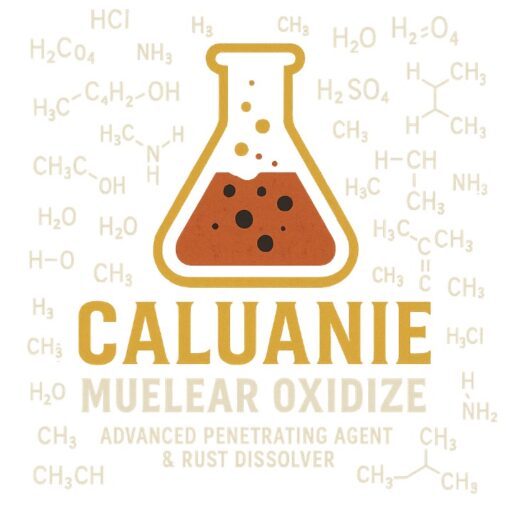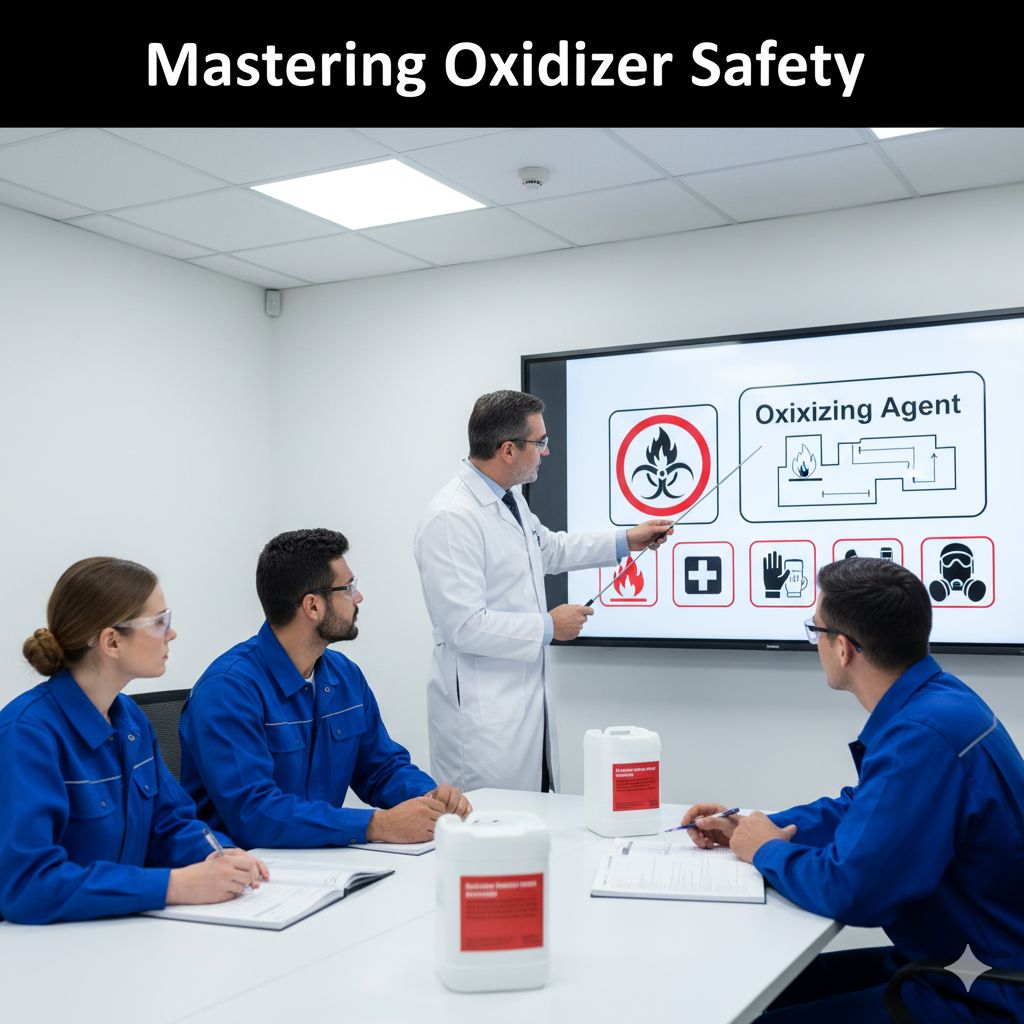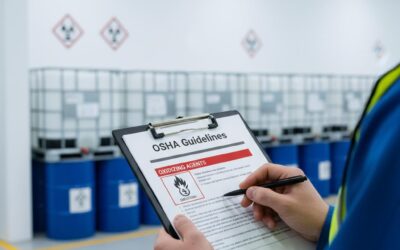Introduction
Oxidizing agents are essential in many industrial processes, but their reactive nature makes them potentially hazardous if not handled properly. Workplace safety training is a critical step to ensure employee protection, regulatory compliance, and the safe use of powerful chemicals like Caluanie Muelear Oxidize. This blog provides a complete guide on why and how safety training should be implemented in industrial settings.
Why Safety Training Matters for Oxidizing Agents
- Preventing Accidents
Oxidizing agents can cause fires, explosions, or harmful reactions when mishandled. Training reduces the risk of accidents. - Regulatory Compliance
OSHA and other agencies mandate safety measures for handling hazardous chemicals. Training ensures workers meet these standards. - Employee Confidence
Well-trained employees handle chemicals with greater confidence, reducing mistakes and improving efficiency. - Corporate Responsibility
Implementing strong safety programs highlights a company’s commitment to protecting workers and the environment.
Key Elements of Workplace Safety Training
- Understanding Chemical Properties
Workers should know the properties of oxidizers, including their reactivity and potential hazards. For example, Caluanie Muelear Oxidize is highly reactive but stable under controlled conditions. - Proper Use of PPE
Personal Protective Equipment (PPE) such as gloves, goggles, and respirators is essential when handling chemicals. - Safe Storage and Handling
Training must include best practices for storage (see our blog on Storage Best Practices) and transport to avoid spills and accidents. - Emergency Response Procedures
Workers need to know how to respond in case of spills, fires, or accidental exposure to oxidizers. - Waste Disposal Training
Safe disposal methods must be emphasized to ensure compliance and reduce environmental risks. Learn more about safe disposal in our blog on Chemical Disposal. - Continuous Education
Regular refresher courses keep employees updated on new regulations and evolving best practices.
Benefits of Safety Training Programs
- Reduced risk of accidents and injuries
- Improved compliance with OSHA/EPA standards
- Greater operational efficiency
- Enhanced company reputation as a safe workplace
The Role of Caluanie Muelear Oxidize in Training
Caluanie Muelear Oxidize is widely used across industries, making it a prime example of why chemical safety training is vital. By educating workers on its properties and safe handling, companies can unlock its industrial benefits while minimizing risks. For more details on this product, visit our About Page.
Conclusion
Workplace safety training for handling oxidizing agents is an investment in both people and productivity. By teaching workers how to manage chemicals like Caluanie Muelear Oxidize responsibly, companies can foster a safer, more sustainable, and compliant industrial environment. For inquiries or product support, visit our Contact Page today.





0 Comments